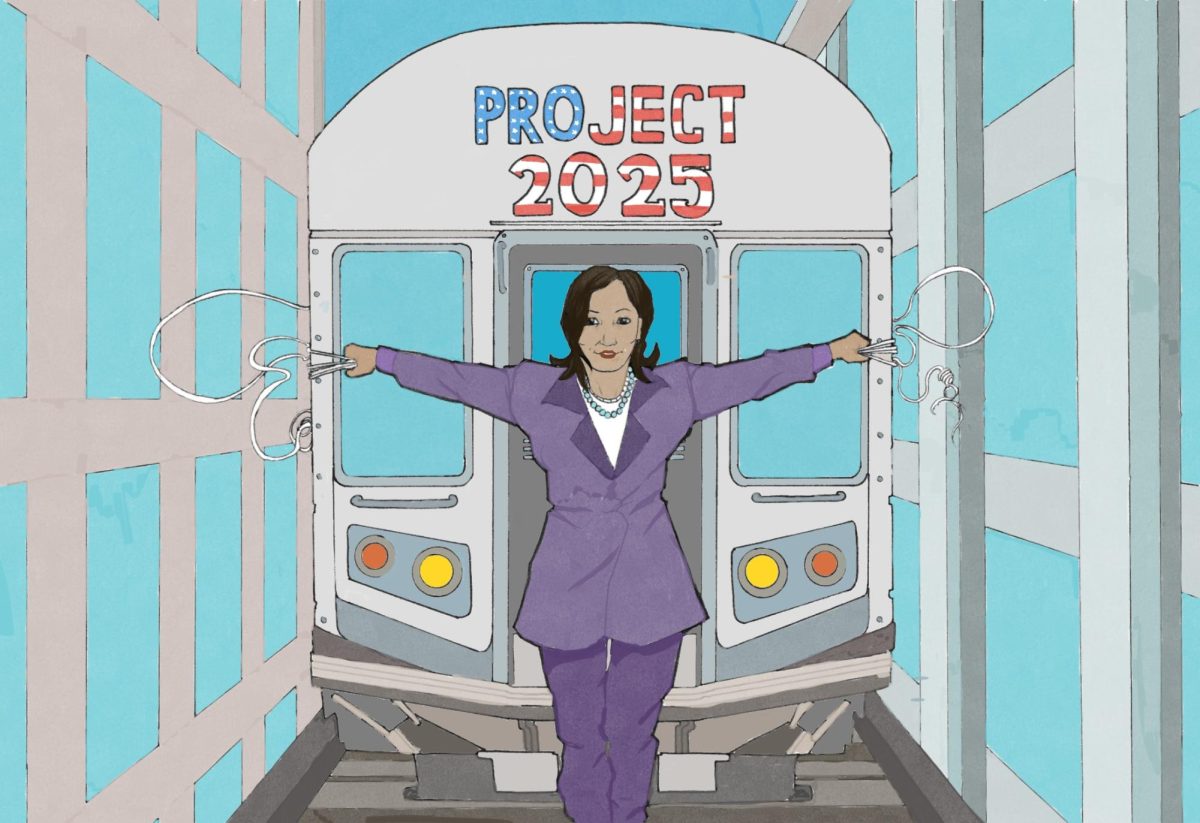When discussing eating disorders, anorexia is the most common eating disorder that comes to mind. Often the example of someone struggling with an eating disorder is a woman.
The common notion is that women tend to fall victim to eating disorders such as anorexia and bulimia because they tend to obsess overlooking perfection.
While it is indeed true that women do have a higher number, a whopping 25% percent of people with reported cases of disordered eating are male.
Keep in mind that those are only the reported statistics. Due to the stigma and stereotypes that come with the illness, men are less likely to seek treatment and often go undiagnosed.
There is a clear double standard between men and women when it comes to mental illnesses. Toxic masculinity plays a large factor in fueling and enabling these disorders by treating a very serious condition as an emasculating weakness.
Disordered eating and poor mental health among men need to be taken more seriously and need to stop being treated as a “feminine” ailment.
Men are just as susceptible to having an unhealthy relationship with food and their body image. Men also buy into unrealistic body expectations that are perpetuated by social media, celebrities, and gym culture.
These people take drastic measures to get to their ideal body type, that being a lean and muscular figure to look strong and fit.
Much of the stigma surrounding these illnesses comes from its connections to gay men. It is reported that 10% to 40% of men who struggle with disordered eating are men who identify as gay.
However, it is harmful to consider eating disorders to be a “gay thing”. Not only does it perpetuate internalized homophobia, it makes it harder for men to seek treatment.
Like with all mental ailments, symptoms vary. Common symptoms among men with Anorexia and Bulimia include abnormal amounts of exercise, abuse of steroids and supplements, and unhealthy dieting.
People commonly believe that Anorexia is as straightforward as having a restricted diet and that Bulimia is only characterized by vomiting after binge eating.
Men struggling with Bulimia tend to exercise excessively as a way to purge after binging.
Contrary to popular belief, not all eating disorders are centered around weight loss.
Oftentimes, eating disorders such as Binge Eating Disorder (BED) are due to an underlying mental illness such as depression. It is reported that BED is the most common eating disorder among men.
Sadly, people who gain weight rapidly as a result of this illness are treated with fat shaming and patronizing advice to just work out and eat healthy instead of realizing the underlying issue.
Even more tragic, men don’t receive their diagnosis until the more life-threatening symptoms start to present themselves because the warning signs are less “obvious” with men. This means that men are more likely to die as a result of health complications.
Men would likely feel much safer and comfortable seeking help if we as a society eliminate the double standard and bring awareness.
Eating disorders are a very serious mental illness that needs medical treatment.
It would be far more productive to be more inclusive of all genders when it comes to educating people about these disorders.
Doing so can help bring awareness, eliminate the stigma, and make struggling individuals more comfortable with recognizing their ailment and seeking help.















